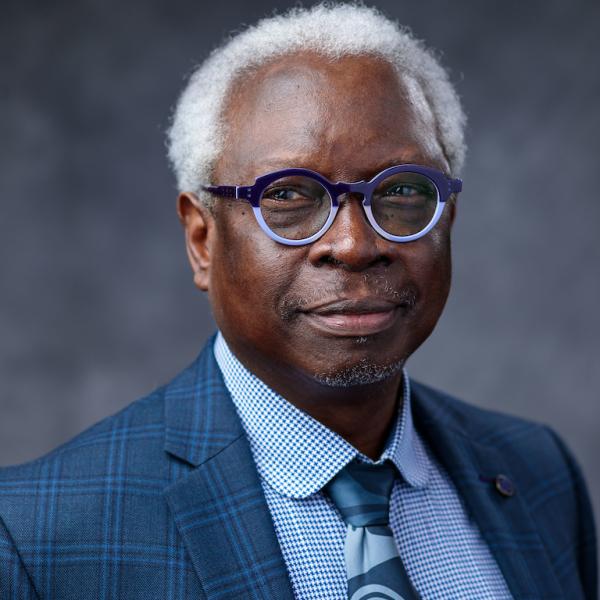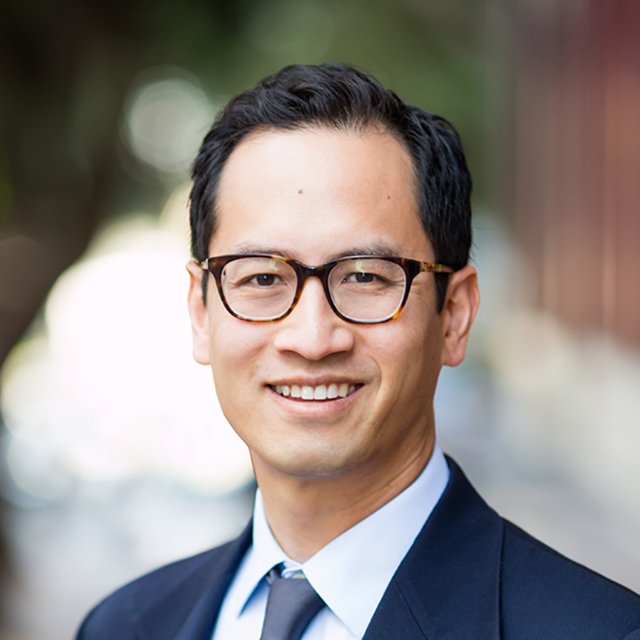 Keynote Address, Sunday October 24th, 3.15pm EDT
Keynote Address, Sunday October 24th, 3.15pm EDT
Aphasiology and Evolutionary Linguistics
Our keynote speaker is Dr. Salikoko S. Mufwene (University of Chicago). Dr. Mufwene is the Edward Carson Waller Distinguished Service Professor in the Department of Linguistics at the University of Chicago. His research centers on the phylogenetic emergence of language, language contact in a globalized world, and in particular the emergence of Atlantic English creoles and Bantu contact language varieties. From this perspective, Dr. Mufwene will discuss how findings from neurolinguistics and aphasiology may inform evolutionary linguistics, and perhaps the other way around. Dr. Mufwene is the founding editor of the Cambridge Approaches to Language Contact book series and he was elected a Fellow of the Linguistic Society of America in 2018. He has published over 250 journal articles and book chapters and his recent books include Language Evolution: Contact, competition and change (Continuum Press, 2008) and Complexity in language: Developmental and evolutionary perspectives (co-edited with Christophe Coupé & François Pellegrino. Cambridge University Press, 2017). He was a fellow at the Institute of Advanced Study in Lyon in 2010-2011.
 NIDCD Invited Speaker, Monday October 25th, 10.15am EDT
NIDCD Invited Speaker, Monday October 25th, 10.15am EDT
The Neural Code of Speech Perception
Now in its fourth year, the NIDCD-funded Academy of Aphasia conference grant (R13 DC017375-01) will sponsor student fellows to attend and present their work at the conference. They will also receive focused mentoring and training from seasoned faculty mentors at the meeting. Both U.S. and international students are eligible to apply - please contact Swathi Kiran (kirans@bu.edu) with inquiries.
The grant also sponsors a state-of-the-art New Frontiers in Aphasia Research seminar. This year's topic will focus on Electrocorticography (ECoG), and the speaker will be Dr. Edward Chang of the University of California San Francisco (UCSF). Dr. Chang is Chief of Epilepsy Surgery and Chair of the Department of Neurological Surgery at UCSF. His scientific research focuses upon the brain mechanisms for human speech, movement, and cognition. He co-directs the Center for Neural Engineering & Prostheses at UC Berkeley and UCSF, which brings together engineering, neuroscience, neurology and neurosurgery to develop state-of-the-art biomedical devices to restore function for patients with neurological disabilities.
